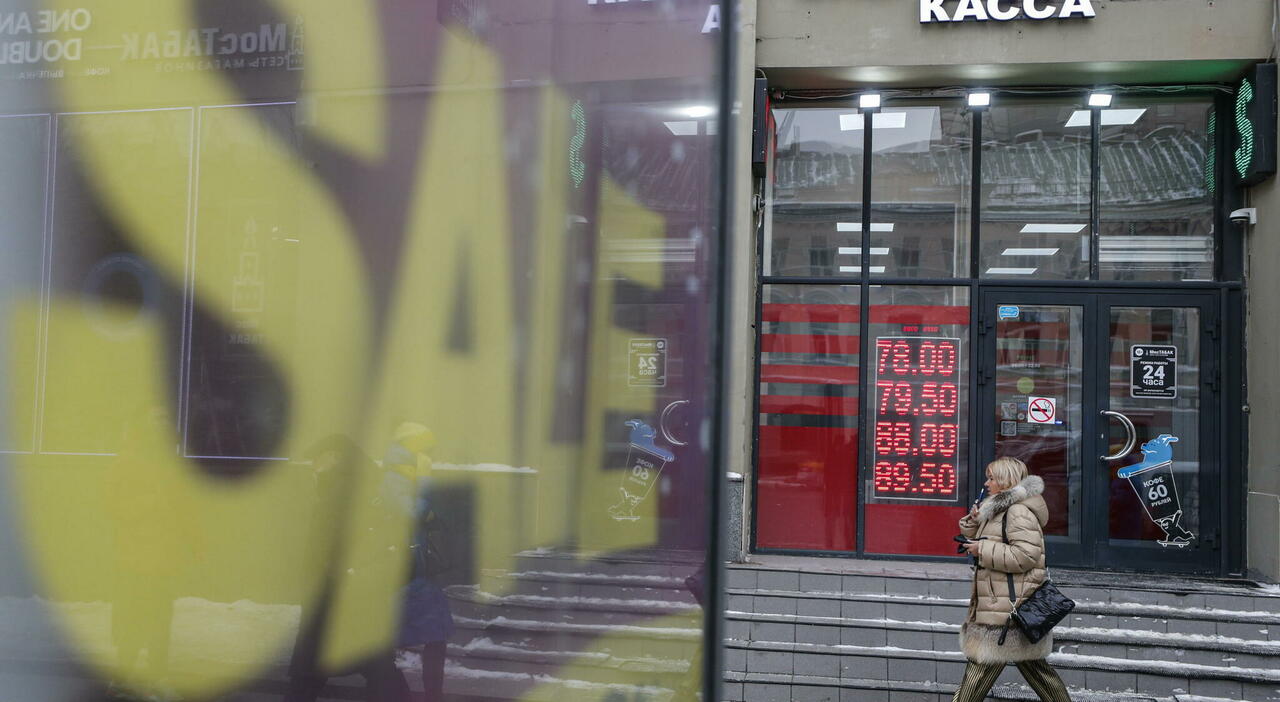The threat - not too veiled - immediately wreaked havoc on the world of global finance. Russia intends to honor international bondholders no longer in dollars, but in rubles, at least as long as the sanctions imposed by the international community remain in place. The announcement was made by Anton Siluanov, the Russian finance minister, a few days after the expiry of a major interest payment on the foreign debt. Siluanov said it was a "just" measure to honor the sovereign debt in rubles, at least until sanctions release Russian reserves (about $ 300 billion) that have been temporarily frozen.
JPMorgan is alarmed, according to the Financial Times, as Moscow is due to make a combined payment of $ 117 million in interest on two dollar bonds on Wednesday. Of course, neither bond contract includes the option to pay in rubles, but that was enough to send Wall Street into a frenzy. The specter of a Russian default is beginning to glimpse on the horizon as an option and no one can now ignore how much the sanctions have placed the Russian financial system under extreme stress.
Oil, prices are falling. The gas is also down
Siluanov explained that nearly half of Russia's $ 643 billion foreign reserves are now under sanctions. Consequently, "the debts we have to pay to countries hostile to the Federation, we will honor them in rubles." According to a calculation made by the Financial Times, international investors hold about $ 170 billion in Russian assets, with bonds worth $ 20 billion. Some major management companies find themselves significantly exposed to Russia, while others have had to drastically reduce the value of their bonds.
The Moscow stock market has been closed since February 28, but the shares of many Russian companies listed abroad have plummeted in value. The ruble fell more than 45 percent, resulting in the currency's largest fall since 1998, when Russia defaulted on its debt (in rubles). Even the president of the International Monetary Fund, Kristalina Georgieva, said in an interview with CBS that "the Russian default is no longer considered an unlikely event."
As of June 2021, the euro made up 32.3 per cent of Russian reserves, the renminbi 13.1 per cent, the pound 6.5 per cent, other currencies 10 per cent and gold 21.7 per cent. percent. China holds 14.2% of Russia's reserves, the largest share of any other country, with Japan holding 12.3% and Germany 11.8%.
This article is automatically translated
